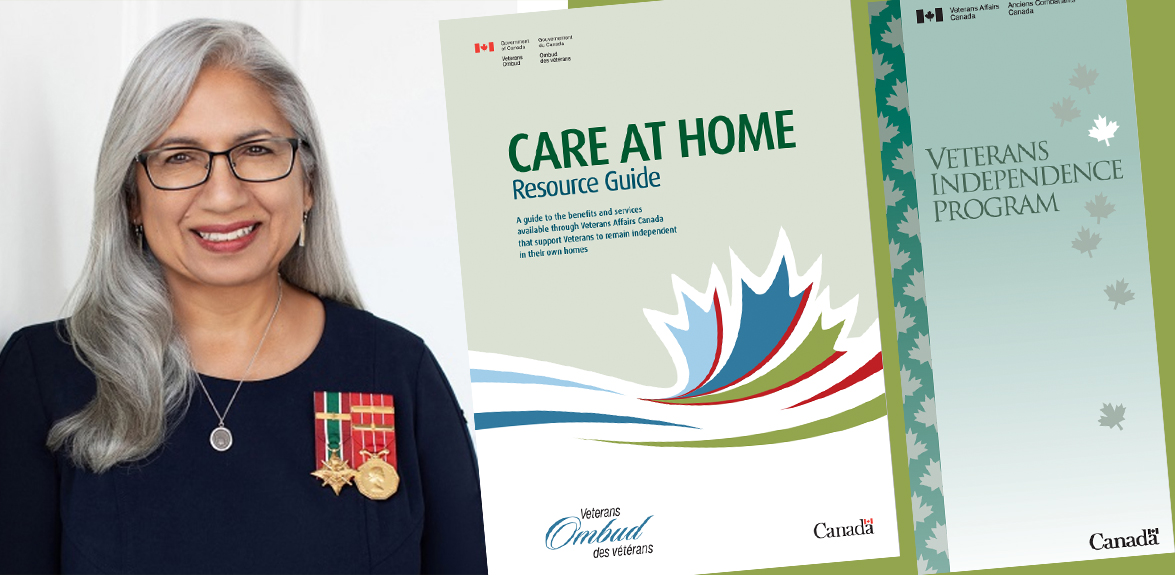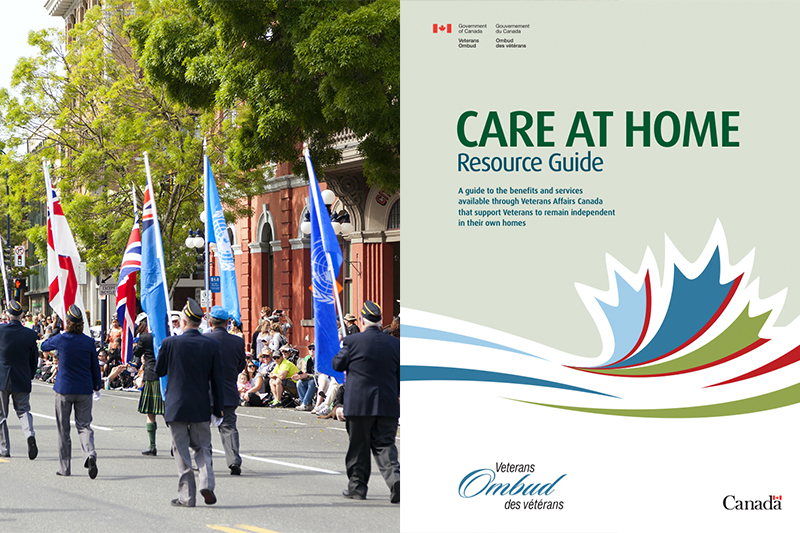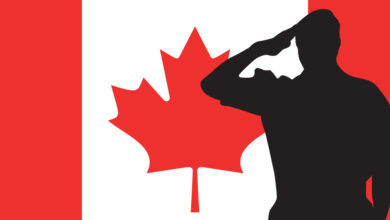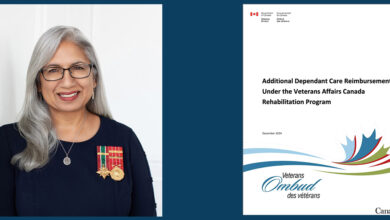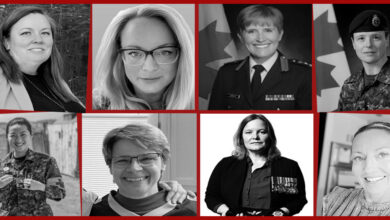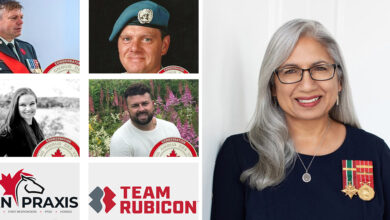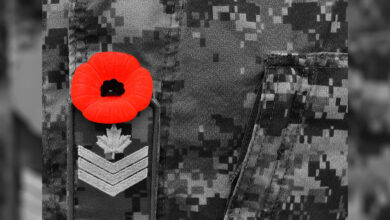Veteran
Veterans and their families falling through gap for Homecare Support
Some Veterans and their families are falling through an eligibility gap for home care support. Veterans Ombud Colonel (Ret’d) Nishika Jardine recently sent a letter to the Minister of Veterans Affairs on the fairness gap that may affect some veterans and their relatives.
Falling Between Two Programs
According to the Ombud, Veterans Affairs Canada’s (VAC) Veterans Independence Program (VIP) policy may exclude access to care-at-home support when veterans’ family members live with them. “The fairness gap,” notes the Ombud, “is the result of Veterans falling between two programs.”
After receiving complaints and stakeholder concerns about eligibility issues with VAC’s Caregiver Recognition Benefit (CRB), the Office of the Veterans Ombud (OVO) launched a two-part systemic review.
Part one, a Care At Home Resource Guide, provides information to Veterans and their families about VAC programs and benefits that support independent living at home.
Part two looked for policy gaps between the CRB and the Veterans Independence Program (VIP) and found an unfairness that may affect family members who live with and care for Veterans. Results of the review, which include a recommendation to resolve the fairness gap, are included in the letter to the Minister.

Veterans Ombud Recommends
The Veterans Ombud is recommending that VAC review and revise existing policy and regulatory frameworks to eliminate gaps that create additional burdens for live-in relatives who are meeting the service-related care-at-home needs of Veterans.
“When the burden of a Veteran’s service-related care needs falls unfairly on family members, the policies and programs must change,” said Col. Jardine.
A monthly tax-free benefit, the CRB is granted only to caregivers of the most seriously ill and injured Veterans. According to Veterans Affairs Canada, only 35% of CRB applications were approved in the 2022-2023 fiscal year.
Funding for personal care, housekeeping, grounds maintenance, and more is available through the Veterans Independence Program but may be limited or denied through the “Relatives” section of the program’s policy, which requires decision-makers to consider what care can instead be provided by a live-in family member.
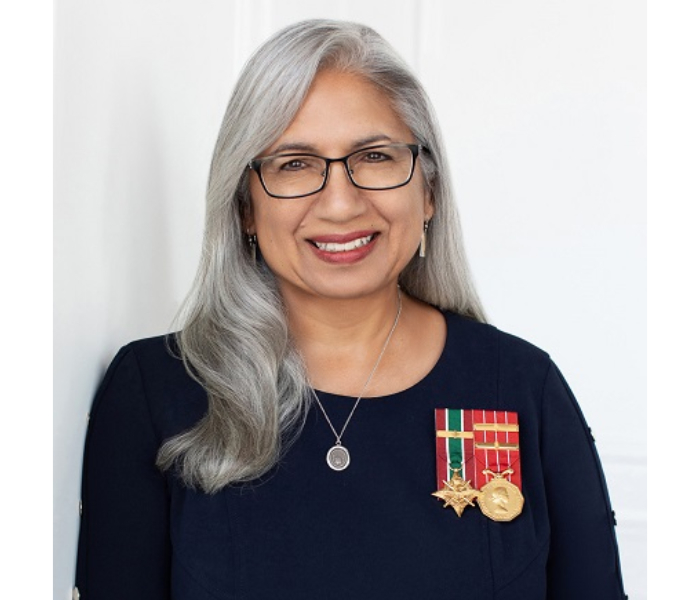
Veterans Ombud Office
The Office of the Veterans Ombud reviews complaints and challenges the policies and decisions of Veterans Affairs Canada where individual or systemic unfairness is discovered. Their policy is to strive to be an independent and respected voice for fairness and a champion for the well-being of Veterans and their families.
READ Veterans Ombuds Care at Home – Resource Guide READ Veterans Independence Program (VIP)

